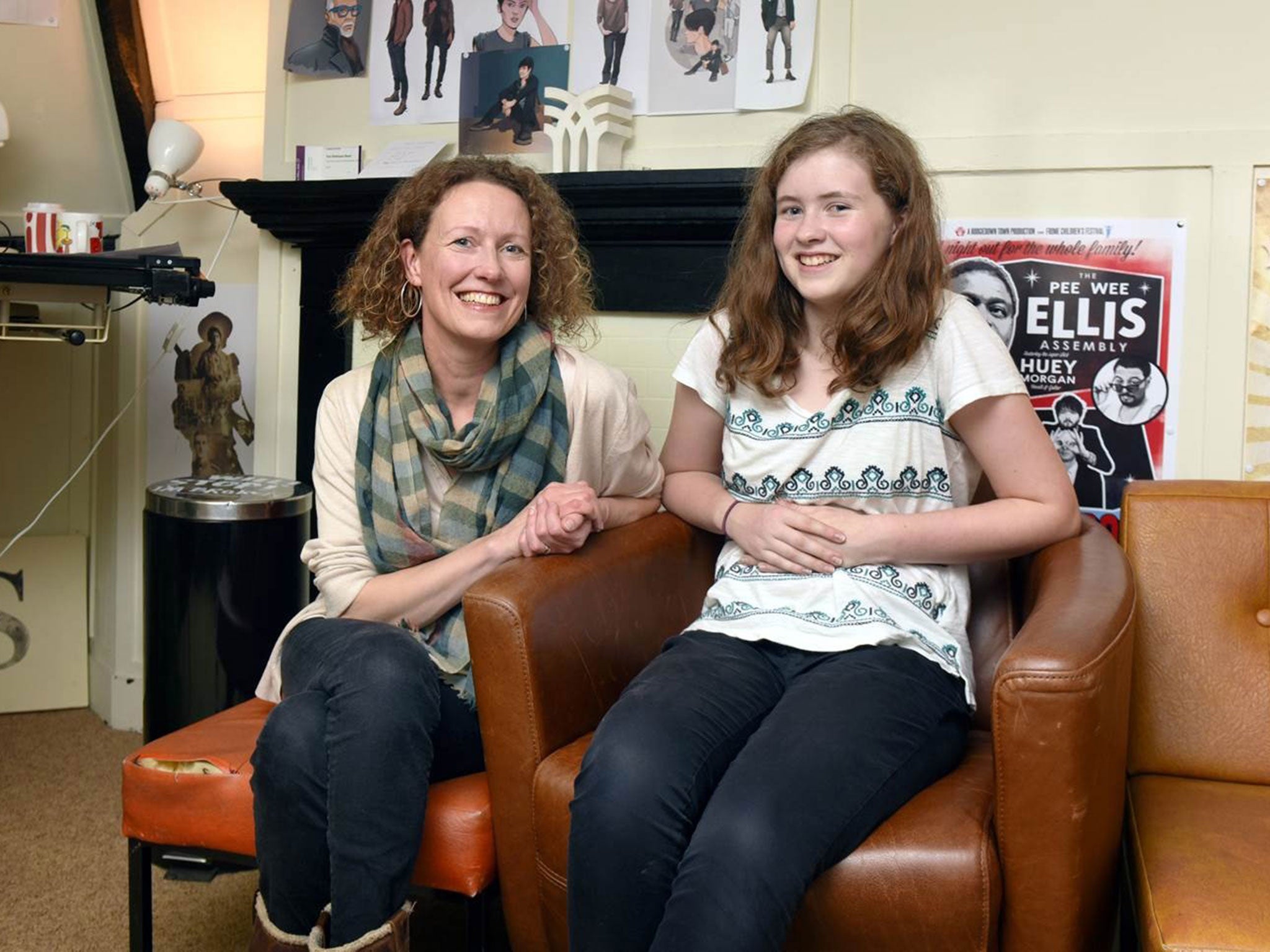Families mount legal challenge to Government's exclusion of humanism from religious studies GCSE
The parents believe the lack of attention given to non-religious world views in the syllabus is in effect discriminatory

Your support helps us to tell the story
From reproductive rights to climate change to Big Tech, The Independent is on the ground when the story is developing. Whether it's investigating the financials of Elon Musk's pro-Trump PAC or producing our latest documentary, 'The A Word', which shines a light on the American women fighting for reproductive rights, we know how important it is to parse out the facts from the messaging.
At such a critical moment in US history, we need reporters on the ground. Your donation allows us to keep sending journalists to speak to both sides of the story.
The Independent is trusted by Americans across the entire political spectrum. And unlike many other quality news outlets, we choose not to lock Americans out of our reporting and analysis with paywalls. We believe quality journalism should be available to everyone, paid for by those who can afford it.
Your support makes all the difference.Three families will go to court to challenge the Government’s decision to exclude non-religious beliefs from the new religious studies GCSEs.
Kate Bielby and her 12-year-old daughter, Daisy, from Frome in Somerset, are one of three humanist families bringing the case to try to have non-religious beliefs included for in-depth study on religious studies courses.
Ms Bielby said: “I recognise the importance of children learning about the different religions, especially in our increasingly diverse society. What I object to is the lack of parity between religious beliefs and non-religious world views in the school curriculum, which may well lead children to the belief that religion, in whatever form, has a monopoly on truth and on morality. This is not accurate: it reflects neither the views of the population nor the traditions of the country, and we shouldn’t be encouraging our children to believe it.
Ms Bielby said that she had accepted that her daughter would attend collective worship and religious-themed assemblies at school. She said: “We could opt our daughter out of these, of course, but that’s quite an isolating and stigmatising course of action. We don’t see our non-religious views as an extreme position, so we’ve just accepted this as a pragmatic compromise.
“I don’t feel that compromise should be made in the context of academic study, however, and that’s why we feel so strongly about the GCSE curriculum.”
The families, with the support of the British Humanist Association, plan to challenge the Government’s decision to exclude non-religious world views from the latest subject content for GCSE religious studies, on which all exam boards will base their courses.
The content was published earlier this year and does not allow for the in-depth study of a non-religious world view such as humanism, despite a campaign to have it included.
The parents, all of whom have children who are set to take their GCSEs in the next few years, are subjecting the Government’s decision to a judicial review. The parents believe that the priority given in GCSE religious studies to Buddhism, Christianity, Catholicism, Hinduism, Islam, Judaism and Sikhism over all non-religious world views is in effect discriminatory.
The original decision of the Government in November 2014 to exclude humanism was condemned by 113 leading philosophers, RE academics, teachers, consultants and advisors, and also by 28 religious leaders, including the former Archbishop of Canterbury, Rowan Williams.
Both the Religious Education Council of England and Wales and the National Association of Teachers of RE opposed the decision, as did 85 per cent of people who responded to a Department for Education consultation.
Nicky Morgan, the Education Secretary, has previously defended her decision saying that “as these are qualifications in religious studies, it is right that the content primarily focuses on developing students’ understanding of different religious beliefs”.
Join our commenting forum
Join thought-provoking conversations, follow other Independent readers and see their replies
Comments